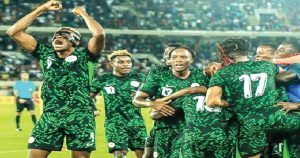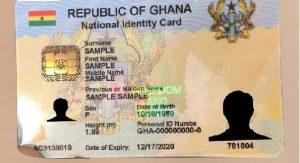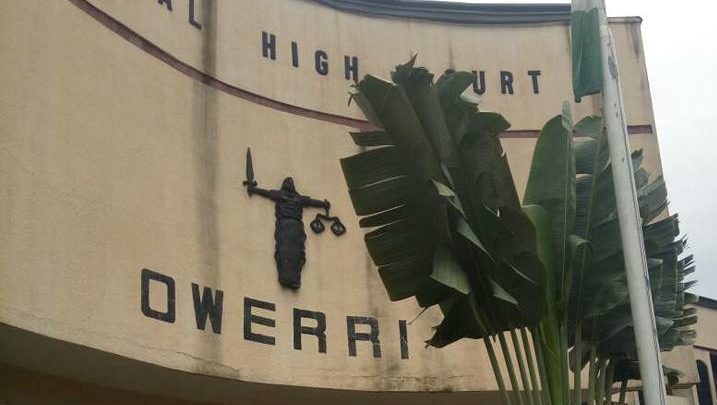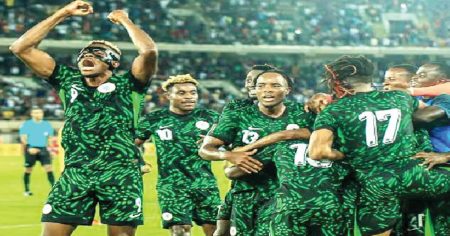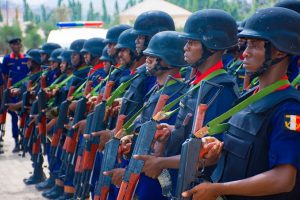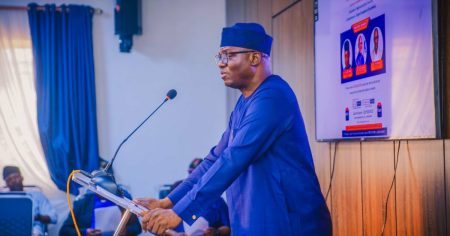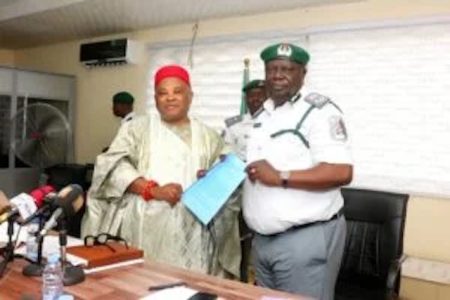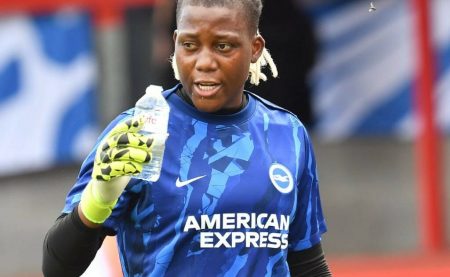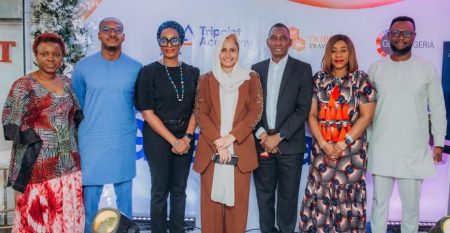Mbetobong Ibanga, a former Nigerian U-17 football player, is seeking redress in court against the Nigeria Football Federation (NFF) for the devastating impact of a career-ending knee injury sustained while on national duty. His lawsuit, filed at the Federal High Court in Owerri, alleges a breach of his fundamental human rights, specifically his right to dignity, due to the NFF’s alleged neglect and mistreatment following the injury. The case underscores the precarious position of young athletes in Nigeria who, despite representing their country, are often left vulnerable and unsupported when faced with debilitating injuries. Ibanga’s ordeal began in 2010 during a U-17 qualifier match against Congo, where he suffered a severe knee injury that ultimately derailed his promising football career. Instead of receiving adequate medical care and support from the NFF, Ibanga claims he was discharged from the national team for underperformance, effectively abandoning him to cope with the physical and emotional consequences of his injury.
The lack of support from the NFF forced Ibanga to seek alternative means for his treatment. It was only through the intervention of then Kwara State Governor Bukola Saraki and the director of the Kwara State Football Academy that he received the necessary orthopedic surgery at the University College Hospital, Ibadan. The surgery, however, came with a devastating prognosis: quit football or risk losing his leg entirely. This effectively ended Ibanga’s football aspirations, forcing him to confront a starkly different future than the one he had envisioned. The emotional and physical toll of the injury and the subsequent abandonment by the NFF have continued to haunt Ibanga. He recounts experiencing persistent pain and mental anguish, struggling with everyday tasks like climbing stairs, and grappling with the psychological trauma of a prematurely ended career.
Adding insult to injury, Ibanga alleges he was subjected to further humiliation during a visit to the NFF headquarters in Abuja in November 2024. Seeking assistance for his ongoing medical issues, Ibanga claims he was met with indifference and hostility from NFF President Ibrahim Gusau, who allegedly dismissed his plea and ordered security personnel to forcefully remove him from the premises. This incident, a poignant illustration of the alleged disregard for Ibanga’s plight, further fueled his determination to pursue legal action against the NFF.
Ibanga’s story came to light after a Saturday PUNCH report in May 2023 detailed his struggles, including his work as a butcher in Calabar to support his family. The resulting public outcry prompted assistance from the Cross River State Government and several individuals, enabling him to establish a secondary school football training centre and complete his university degree. While these developments marked a positive turn in his life, they did not diminish his resolve to hold the NFF accountable for their alleged negligence. His legal team argues that the NFF’s actions constitute a violation of his fundamental human rights, highlighting the organization’s alleged failure to provide adequate care and support to a young athlete injured while representing his nation.
The legal proceedings against the NFF have encountered some initial setbacks, including the federation’s absence from a scheduled court hearing. Despite this, the court has persisted, ordering the issuance of a fresh hearing notice to ensure the NFF’s participation. The case is being pursued under the Fundamental Rights Enforcement Procedure Rules 2009, Section 34 of the Constitution of the Federal Republic of Nigeria 1999 (as amended), and Article 14 of the African Charter on Human and Peoples’ Rights. These legal frameworks underscore the importance of protecting individuals’ fundamental rights and provide a basis for Ibanga’s claim against the NFF.
Ibanga’s lawsuit against the NFF serves as a powerful indictment of the systemic issues plaguing the treatment of young athletes in Nigeria. It raises critical questions about the responsibility of sporting bodies to care for their athletes, especially when injuries incurred during national duty jeopardize their future. The outcome of this case could have far-reaching implications, potentially setting a precedent for how sporting organizations in Nigeria handle athlete welfare and potentially prompting much-needed reforms within the system. Furthermore, the case highlights the vulnerability of young athletes who often lack the resources and support to navigate the complex legal and medical landscape following a career-ending injury. Ibanga’s perseverance in seeking justice not only serves his personal cause but also shines a light on the need for greater accountability and protection for athletes across the country.


